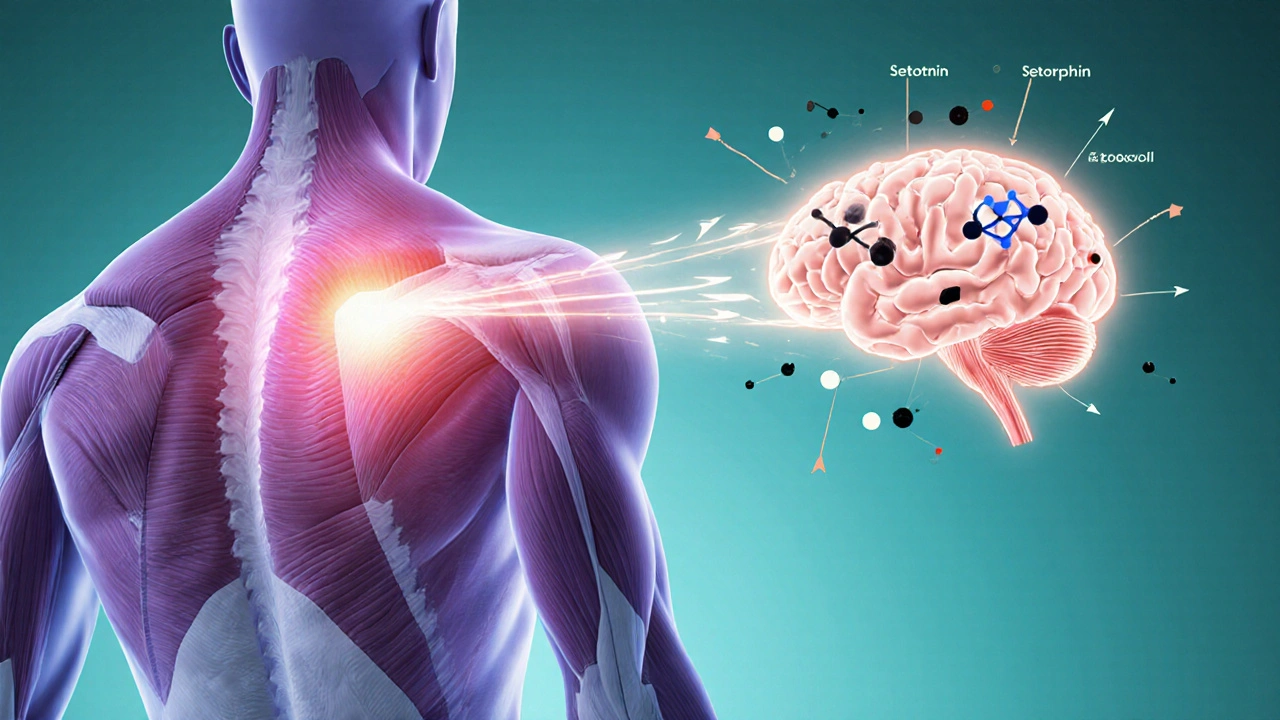Depression and Massage Therapy
When coping with Depression, a persistent low mood that disrupts thoughts, sleep and daily activities. Also known as clinical depression, it often co‑exists with elevated Stress, a physiological response that keeps the nervous system on high alert. Depression is linked to chronic stress, and chronic stress erodes Mental Health, making recovery harder. This mind‑body cycle means that addressing the physical side can break the emotional loop.
How Touch Impacts Mood
Enter Massage Therapy, a hands‑on practice that manipulates muscles and soft tissue to promote relaxation. Also called therapeutic massage, it triggers the release of endorphins and lowers cortisol, the hormone behind stress. The simple act of gentle pressure creates a cascade: Massage Therapy reduces stress levels, reduced stress improves mental health, and improved mental health eases depressive symptoms. This is a classic example of the mind‑body connection, where physical touch directly influences emotional wellbeing.
Beyond stress relief, regular sessions can enhance blood flow, support better sleep and boost self‑awareness—all factors that feed into a healthier mental state. For anyone battling depression, this means a practical, non‑pharmaceutical tool that works hand‑in‑hand with counseling or medication. Below you’ll find articles covering hot stone techniques, deep‑tissue preparation, foot massage mood boosts, and scientific explanations of how whole‑body massage reshapes the brain’s chemistry. These posts give you actionable tips, real‑world examples and the science that backs each claim, so you can decide which approach fits your lifestyle and start feeling the difference today.
How Deep Tissue Massage Impacts Mental Health
Discover how deep tissue massage lowers stress hormones, boosts mood chemicals, and supports anxiety and depression treatment, with practical tips and research insights.
VIEW MORE
